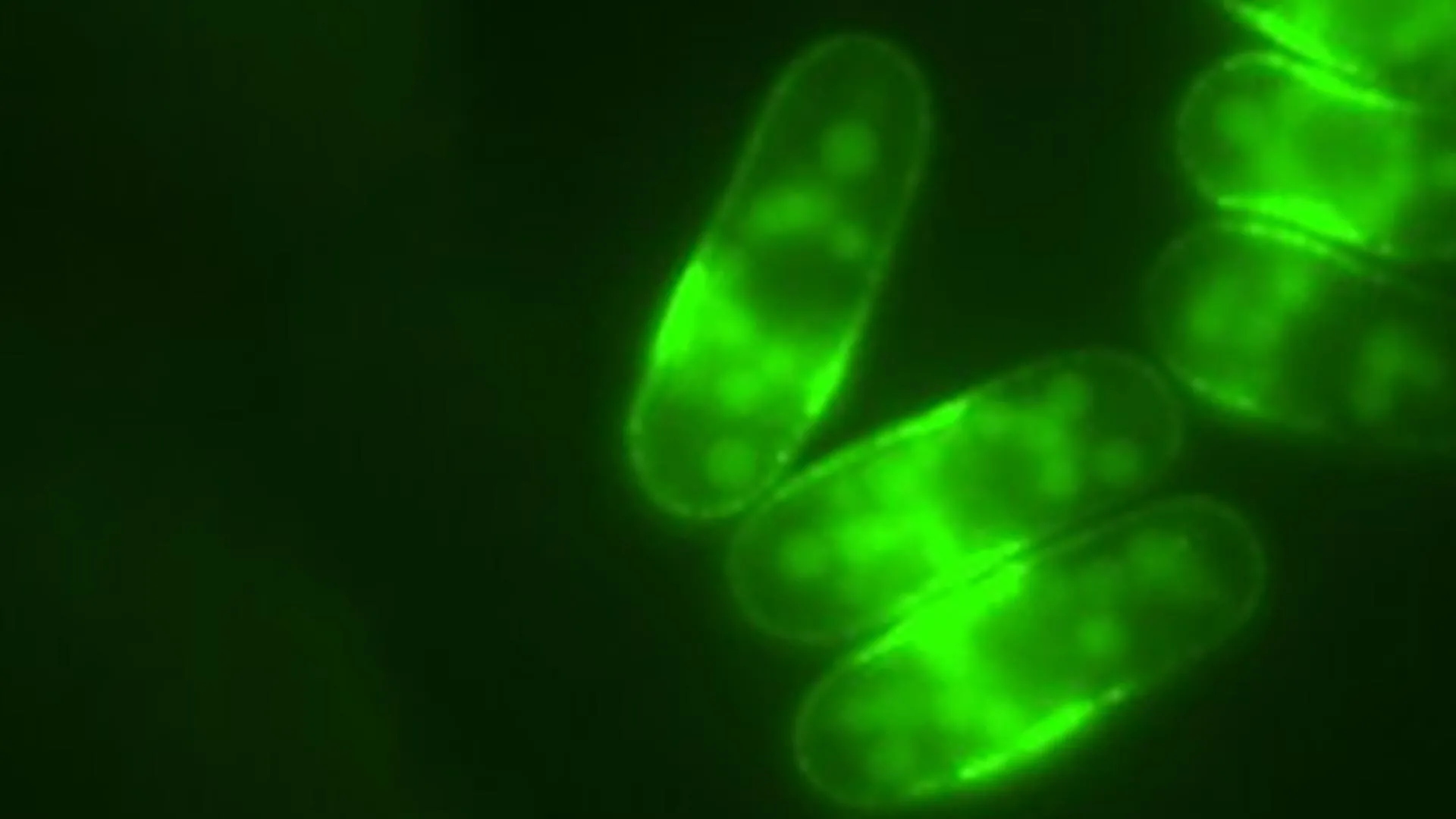LONDON – In a groundbreaking study, researchers at Queen Mary University of London have uncovered how caffeine, the world’s most consumed neuroactive compound, might do more than simply provide a morning boost. Published in the journal Microbial Cell, the study reveals caffeine’s potential role in decelerating the ageing process at a cellular level.
Immediate Impact
Caffeine has been associated with numerous health benefits, including a reduced risk of age-related diseases. However, the precise mechanisms by which it operates within our cells have remained elusive—until now. The latest research sheds light on caffeine’s interaction with nutrient and stress-responsive gene and protein networks.
Key Details Emerge
By studying fission yeast, a single-celled organism that shares surprising similarities with human cells, researchers discovered that caffeine influences ageing by tapping into an ancient cellular energy system. Previously, the research team identified caffeine’s role in extending cell life by acting on the growth regulator known as TOR (Target of Rapamycin). This biological switch, which has been regulating energy and stress responses for over 500 million years, signals cells when to grow based on available food and energy.
Breaking: New Discovery
In a surprising twist, the latest study found that caffeine does not act directly on the TOR growth switch. Instead, it activates another critical system called AMPK, a cellular fuel gauge conserved across yeast and humans.
“When your cells are low on energy, AMPK kicks in to help them cope,” explains Dr. Charalampos (Babis) Rallis, Reader in Genetics, Genomics and Fundamental Cell Biology at Queen Mary University of London, the study’s senior author. “Our results show that caffeine helps flip that switch.”
Industry Response
AMPK is also the target of metformin, a common diabetes medication currently being studied for its potential to extend human lifespan alongside rapamycin. The research findings suggest new possibilities for leveraging caffeine’s effects through diet, lifestyle, or novel medicines.
“These findings help explain why caffeine might be beneficial for health and longevity,” said Dr. John-Patrick Alao, the postdoctoral research scientist leading the study. “They open up exciting possibilities for future research into how we might trigger these effects more directly.”
Background Context
The announcement comes as scientists continue to explore the complex interactions between diet, cellular processes, and ageing. Historically, caffeine’s role in health has been a topic of interest, with numerous studies examining its impact on various diseases and longevity.
What Comes Next
Moving forward, researchers aim to delve deeper into how caffeine’s activation of AMPK can be harnessed for broader health benefits. The timing is particularly significant as the global population ages and the demand for longevity-enhancing interventions increases.
So, the next time you reach for your coffee, you might be doing more than just boosting your focus—you could also be giving your cells a helping hand in the fight against ageing.
